Have You Observed The Effects Of Oxidation Reactions In Everyday Life?
Key Notes:-
Definition of Oxidation
- Oxidation is a chemical reaction where a substance reacts with oxygen, resulting in the loss of electrons.
- It can involve the gain of oxygen or the loss of hydrogen.
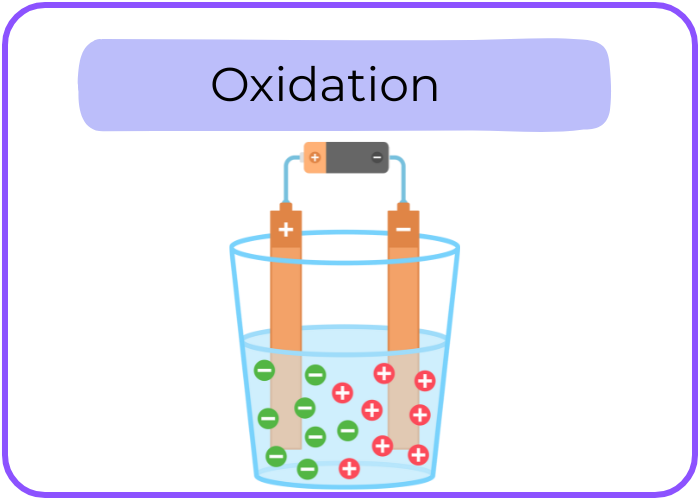
Common Examples of Oxidation in Daily Life
Rusting of Iron:
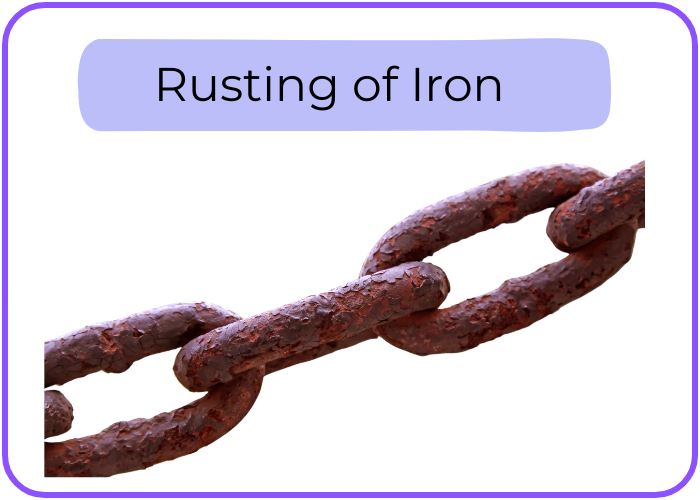
- Reaction: Iron (Fe) reacts with oxygen (O₂) and moisture (H₂O) to form iron oxide (rust).
- Effect: Weakens structures like bridges, cars, and tools.
- Prevention: Painting, galvanization, or oiling.
Rancidity of Food:
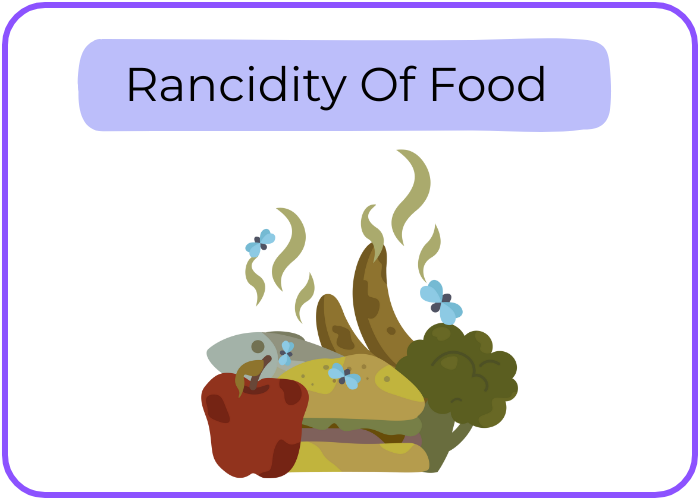
- Reaction: Fats and oils react with oxygen, leading to unpleasant odors and taste.
- Effect: Spoilage of food.
- Prevention: Using airtight containers, refrigeration, or adding antioxidants.
Tarnishing of Metals:
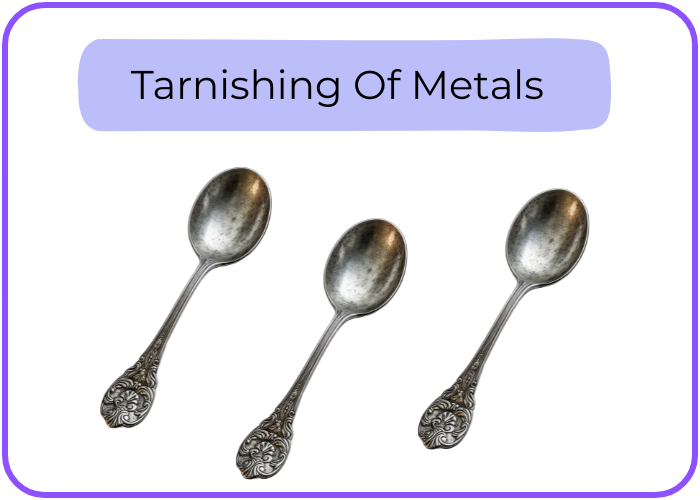
- Reaction: Silver reacts with sulfur compounds in the air, forming silver sulfide (black coating).
- Effect: Dull appearance of jewelry and utensils.
- Prevention: Polishing or storing in anti-tarnish strips.
Combustion:
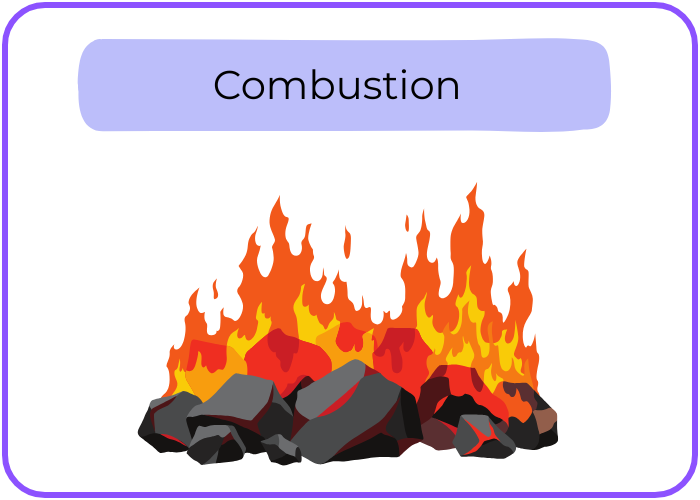
- Reaction: Fuels like petrol and wood react with oxygen to produce energy, CO₂, and water.
- Effect: Provides energy but contributes to pollution.
- Prevention: Efficient engines and cleaner fuels.
Respiration:
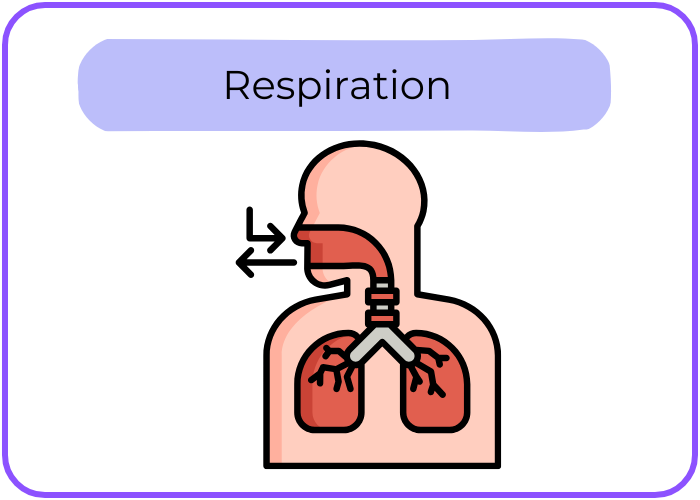
- Reaction: Glucose reacts with oxygen in cells to produce energy, CO₂, and water.
- Effect: Essential for life processes.
Effects of Oxidation
Negative Effects:
- Damage to materials (rusting, tarnishing).

- Spoilage of food.
- Contribution to environmental issues like pollution and global warming.
Positive Effects:
- Essential for processes like combustion and respiration.

- Used in chemical processes like bleaching and disinfection.
Preventive Measures
- Protective Coatings: Paint, grease, or galvanization to prevent rusting.

- Antioxidants: Additives like Vitamin E in food to slow rancidity.
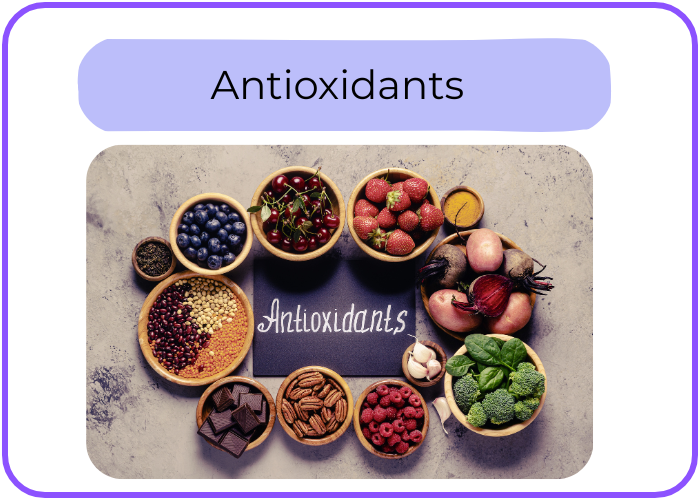
- Storage: Airtight containers and refrigeration for food preservation.
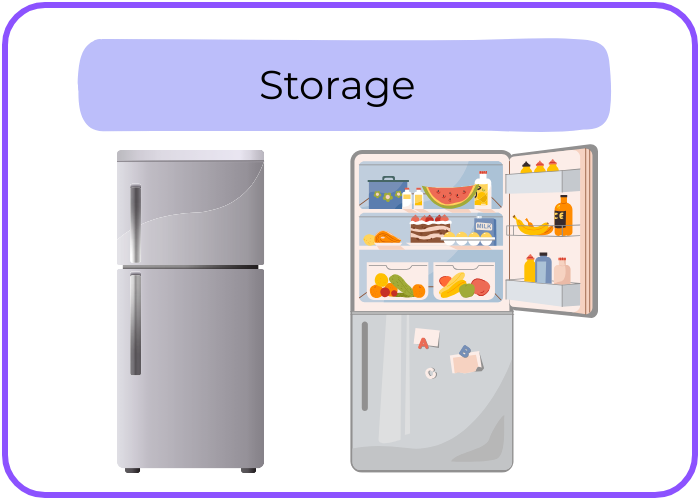
Importance in Science and Industry
Understanding oxidation helps in:
- Improving material durability.
- Designing better food preservation techniques.
- Reducing environmental impact by controlling pollution.
Conclusion
Awareness and preventive measures can mitigate negative impacts.
Oxidation reactions are a natural part of everyday life.
While they can have adverse effects, they also play essential roles in energy production and biological processes.
Let’s practice!

